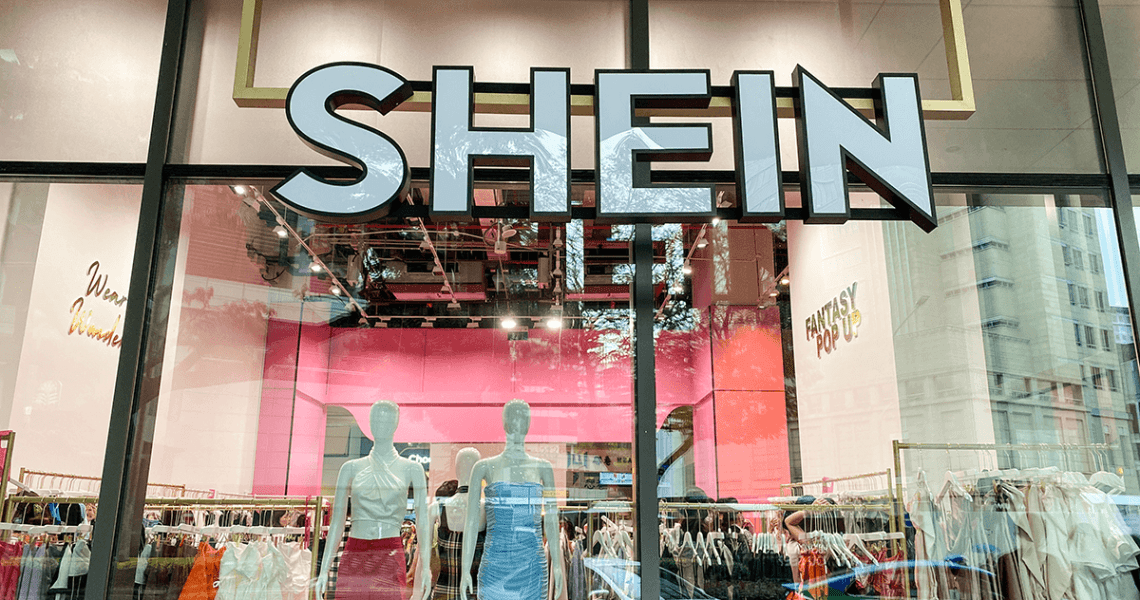Temu and Shein — Chinese companies that have been the poster children for the kind of low-cost, foreign-made goods that U.S. tariffs are meant to curtail — raised their prices on Friday. Earlier in the week, both companies announced that the price hikes would happen in response to the ongoing trade war between the U.S. and China.
A survey of Shein products before and after the price hikes showed some products increasing in price by as much as 90%, while others increased by smaller amounts of 20-30%. A plus-size women’s dress, for example, increased from $22 to $27, while a bathing suit increased from $5 to $9. Granted, at Shein’s super-low price levels, a 90% increase can equate to only a few extra dollars in total cost.
“We’re doing everything we can to keep prices low and minimize the impact on you,” said a statement posted to Shein’s website on April 15. The text of the announcement was nearly identical to an announcement posted on Temu’s website on the same day. The two companies are not officially affiliated and have different parent companies, but are often grouped together for having similar low-cost business models dependent in the U.S. on the de minimis exemption.
Shein and Temu are the latest companies to raise their prices in response to the now 145% tariff rate on goods coming from China. The Trump administration has flip-flopped on the tariffs, raising them one day only to reduce them the next. Most recently, President Trump has said that the rates will come down soon and that he is in negotiations with China, although the Chinese government has denied that any such negotiations are happening.
Ahead of the price hikes on Friday, Shein encouraged customers to buy before prices increased. According to data provided to Glossy by Similarweb, which tracks web traffic to websites and apps, there was a week-over-week increase in downloads of Shein’s and Temu’s mobile apps in the seven days leading up to April 25, but a decline in their overall traffic. On iOS and Android, Shein’s app downloads increased by nearly 20%, but its daily active users dropped by 14%.
Temu, meanwhile, saw a 22% decline in app downloads and a 22% decline in daily active users. Shein’s web traffic dropped by almost 11%, and Temu’s dropped by 68%.
This drop also coincided with both Shein and Temu pulling back on their paid media spend in the U.S. market. Data provided to Glossy from performance marketing firm Tinuiti found that Shein’s share of Google Shopping ads in the U.S. dropped by nearly half over two weeks, from 20% on March 31 to just 10% by April 15. Temu did the same, dropping its Google Shopping ad spend by nearly 20% between the beginning of April and April 15.
“The disruptions caused by U.S. tariffs policy seem to have convinced Temu to diversify its paid media strategy, as seen with the volume of paid search traffic moving away from the U.S. to emerging Temu markets such as Brazil,” said Ben Parkes, retail and consumer goods advisory services lead at Similarweb.
Altogether, it paints a portrait of Shein and Temu slowly retreating from the U.S. market to focus elsewhere, joining companies that have paused orders in the U.S. or turned their attention to other international markets.
“Both companies were already facing the end of the de minimis exemption on import packages valued at less than $800, a change that is set to go into effect on May 2,” said Mark Ballard, Tinuiti’s research director. “That change alone was going to make it more difficult for Temu and Shein to compete in the U.S. market, but compounded with the much higher tariff rates announced later, their position became even more unfavorable.”




